Content from the Brookings Doha Center is now archived. In September 2021, after 14 years of impactful partnership, Brookings and the Brookings Doha Center announced that they were ending their affiliation. The Brookings Doha Center is now the Middle East Council on Global Affairs, a separate public policy institution based in Qatar.
The 1975-1990 civil war in Lebanon led to disastrous outcomes, including the disappearance of 17,415 people and the deaths of 144,240 more. In 1982, after the kidnapping of my husband, I founded the Committee of the Families of the Kidnapped and Disappeared in Lebanon to demand the release of those kidnapped and to seek justice. When we started our work, we had not heard the term “transitional justice”—we just wanted justice, without qualification. We later realized that the work we did and are doing to seek truth and justice for the disappeared and their families is the epitomy of transitional justice.
During the March 2020 Brookings Doha Center (BDC) workshop on transitional justice, in which I had the opportunity to take part, there was a discussion about the issue of the missing and forcibly disappeared individuals in several Arab countries and about the role of those who work on this issue, including the families of victims, human rights activists, and politicians. While the specifics of the issue differ from one country to another due to the varying political contexts involved, they do share one common principle: the right to know the truth about forcibly disappeared loved ones.
As part of its work, the Committee has created an archive for the disappeared from the perspective of the disappeared and their families. The archive includes the names and numbers of the disappeared; dates and locations of their abductions; and documents that shed light on the prevailing political and security situation during and after the war in Lebanon. We are currently working on institutionalizing this archive in preparation to make it public. The contents offer an important account of a long, dark period in Lebanon (1975-1990) that should not be neglected, hidden, or whitewashed. They therefore form an integral part of the country’s modern history and should be shared widely.
Moreover, in case the families of the kidnapped and disappeared do not find the bodies or remains of their loved ones, the archive at least confirms that these individuals existed. Even if the state can suppress movies, studies, statements, and activities that shed light on truths that it wants kept hidden and buried in the past, it will not be able to supress or delete this archive—or to bury it like it did the bodies of the disappeared.
Sectarianism and justice’s double standards
In Lebanon, sectarianism has become further entrenched in the post-war era, causing the concept of citizenship to lose its meaning. Responsibility for running the country was relegated to the leadership of conflict parties. This leadership divided posts and wealth among its members, totally disregarding the interest of Lebanon and the Lebanese people. This has prevented the creation of a functional state that can provide adequate access to justice. In turn, crime and punishment have been sectarianized: punishing an individual for an offence they have committed requires the approval of their sectarian representative, who has the right to refuse, and often does, in order to preserve the reputation of the sect to which the perpetrator belongs.
Instead of pursuing justice by holding war criminals accountable, government officials rushed to issue a general amnesty law that protected those who perpetrated crimes, while marginalizing their victims, under the pretext of “letting bygones be bygones.”
The October Uprising and transitional justice
During the October 17, 2019 uprising against the political regime, many Lebanese citizens put aside their sectarian affiliations and united to call for the leaders who ruled for the 30 years after the war (1990-2019) to be held accountable. The event served as an implicit call for the past, no matter how dark or painful, to be addressed and for war criminals to be held accountable.
The uprising demonstrated the people’s awareness and their rejection of sectarianism, regionalization, and fanaticism. The scene reminded us of how we, the parents of the disappeared, formed a cross-sectarian, cross-regional sect 38 years ago. It was also a reminder that all perpetrators—as the famous revolutionary slogan goes, “all of them means all of them”— still control land and people today because they have not been held accountable.
The Committee’s long-standing position that Lebanese society must pursue accountability for the atrocities committed during the war, particularly in the case of the disappeared, has been affirmed. Has the uprising not opened the door to a conversation about transitional justice in Lebanon? And must we all not ensure that this door remains open?
Achievements and challenges faced by the Committee
The Committee has worked against all odds, facing myriad challenges and obstacles during wartime when survival of the fittest reigned. Infighting militias, whose authority was more powerful than that of the state, ruled, without any consideration to the security and safety of civilians.
The main challenge has been in the post-war era. The Committee has essentially had to deal with the same militia leadership it dealt with during the war. It has pushed to overcome obstacles and risks, especially deep divisions and sectarian and political alignments. It has managed to keep an arm’s length from all parties, while continuing to demand to know the fate of the disappeared, in spite of all attempts at extortion, bribery, and threats. It has also managed to prevent political exploitation of the cause.
Crucially, in its effort to find the disappeared, the Committee has managed to sow the seeds of true peace. The Committee has promoted the idea that the past must be dealt with and faced in order to move into a stable and secure future. It has managed to break through the indifference of society and call upon it to carry out its responsibilities by creating a framework of allies for the cause. This has allowed the Committee and its partners to launch popular campaigns demanding that this tragedy be addressed, in addition to the rest of the Committee’s demands, especially the request to proclaim April 13 (the start date of the civil war) a memorial day and to erect a monument for all war victims, including the disappeared.
In 2014, the Committee submitted a draft law to parliament to uncover the fate of the missing and the forcibly disappeared. On November 13, 2018, it managed to push for the ratification of a law that enshrined the right of families to know the fate of their loved ones. It also pushed for the appointment of the members of the National Commission for the Missing and Forcibly Disappeared on July 3, 2020. These are small, yet important, steps that the Committee has managed to take, thanks to the patience, perseverance, and tears of the families and their insistence upon their rights during a long, hard path towards truth-seeking and justice for the disappeared. No matter how long the path is, we are bound to complete it one day.
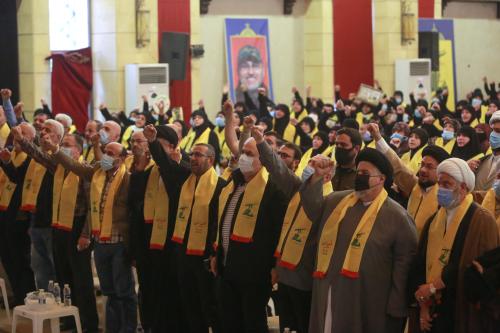
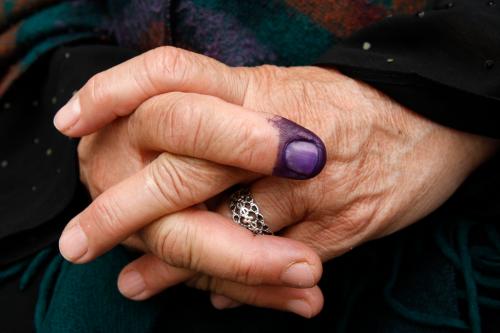
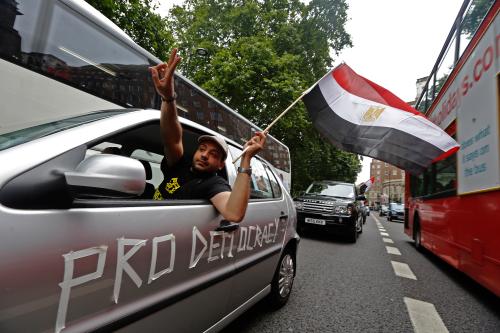
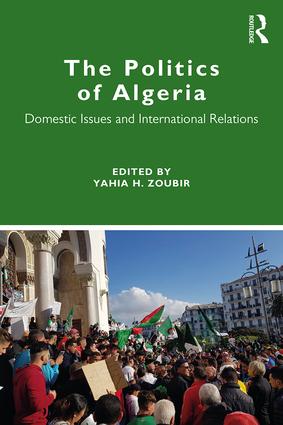
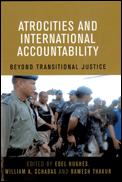
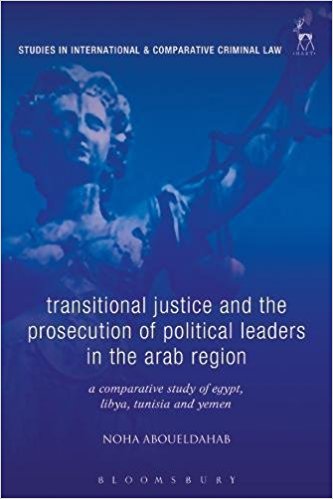
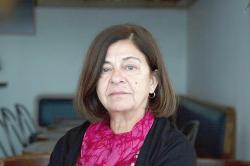


Commentary
Op-edCollective memory and amnesia after the war in Lebanon
November 24, 2020